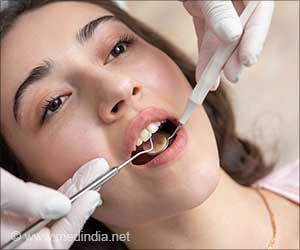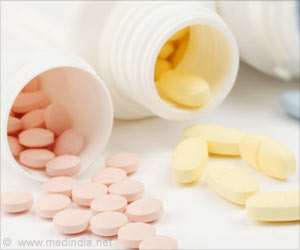Regular use of mouthwash for twice every day kills microbes in the mouth that protect the body from diabetes.
Highlights
- People who use mouthwash regularly may have an increased risk of developing diabetes.
- Swilling with anti-bacterial fluid could be killing helpful microbes which live in the mouth and protect against obesity and diabetes.
- Helpful bacteria in the mouth can protect against obesity and diabetes, as it helps the body produce nitric oxide which regulates blood sugar levels.
Nearly all popular mouthwash solutions include ingredients that kill bacteria – both the good and bad, explained the study authors from Harvard School of Public Health.
Mouthwash Kills Good Bacteria
Joshipura, Professor of epidemiology at the Harvard School of Public Health said: “Most of these antibacterial ingredients in mouthwash are not selective. In other words, they do not target specific oral bacteria-instead, these ingredients can act on a broad range of bacteria.”
Joshipura and his team looked at 1,206 overweight people aged 40 to 65 who were deemed at risk of developing diabetes.
People who used the product twice a day were around 55 percent more likely to develop diabetes or dangerous blood sugar spikes – known as prediabetes – within three years.
Useful microbes which are killed in response to the use of mouthwash helps the body produce nitric oxide. This important molecule helps trillions of our cells to communicate with each other by transmitting signals throughout the entire body and regulates insulin levels and our metabolism. When the regulation of insulin is distorted, it causes diabetes.
Should We Use Mouthwash?
The research team warn killing off good helpful bacteria also makes room for harmful bacteria to thrive. Therefore, they said that rinsing once a day may be advisable.
The main function of most mouthwashes is to freshen breath. Some types, such as fluoride rinses, can help protect teeth against acids produced by plaque bacteria if you use them after you have thoroughly brushed your teeth.
The first commercial product was developed in the late 19th century and named Listerine, after British surgeon Joseph Lister. It was originally intended as a surgical antiseptic, but by the 1920s was sold as a cure for bad breath as well as a dandruff remedy and floor cleaner.
According to the British Dental Association, daily mouthwash use is not necessary to oral healthcare and warns it does not ensure plaque and food build-up are removed.
Reference
- Kaumudi J.Joshipuraab, Francisco J.Mu帽oz-Torresa, EvangeliaMorou-Bermudez,and Rakesh P.Pate. ‘Over-the-counter mouthwash use and risk of pre-diabetes/diabetes’. Nitric oxide (2017). https://doi.org/10.1016/j.niox.2017.09.004.
Source-Medindia
















